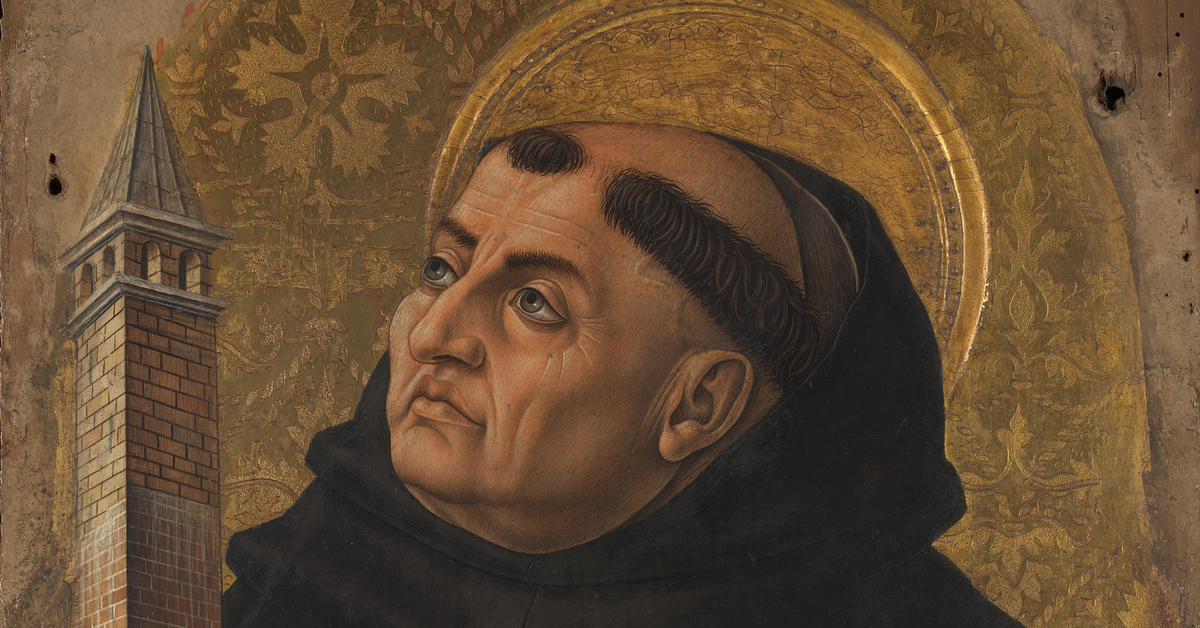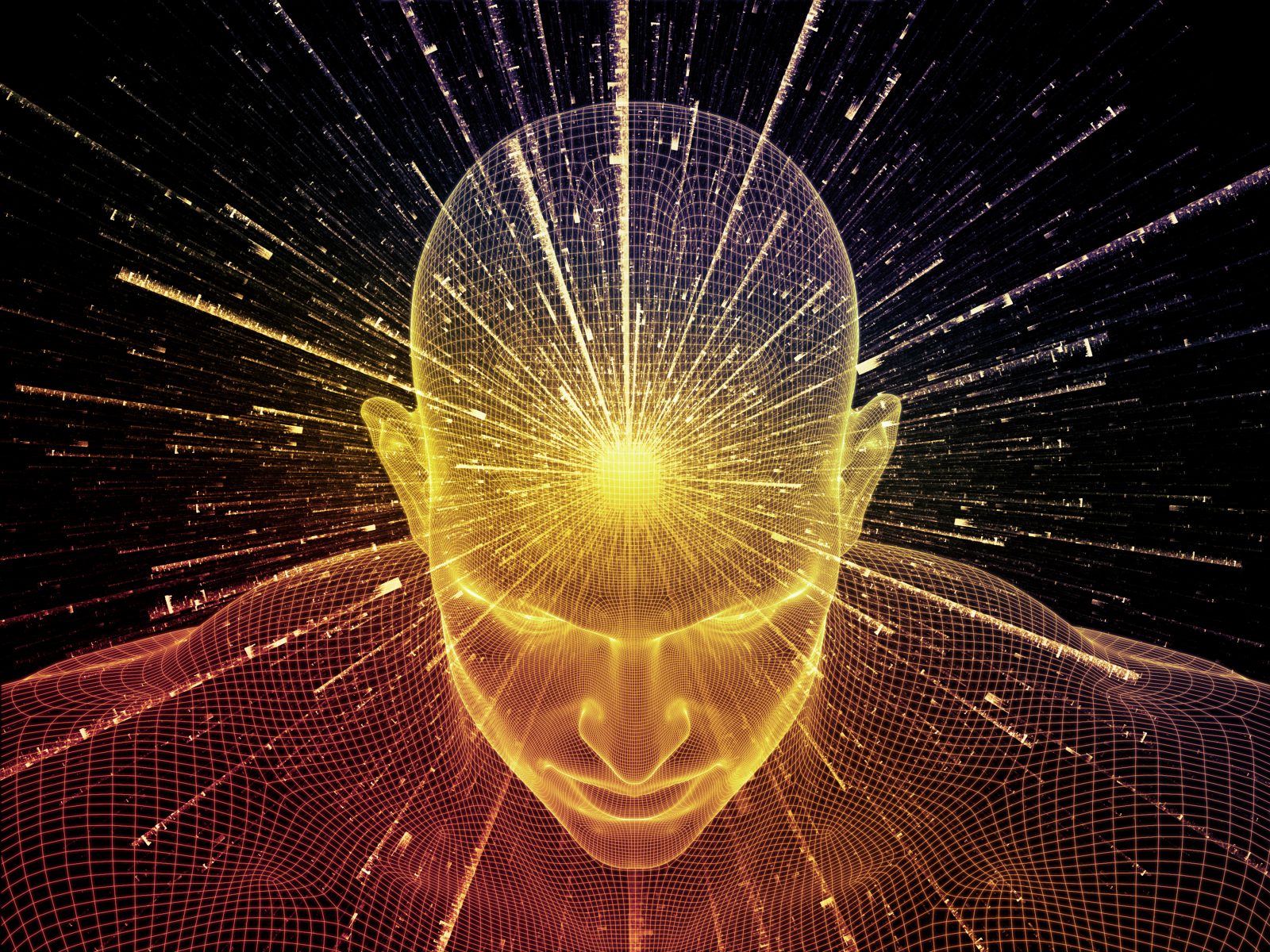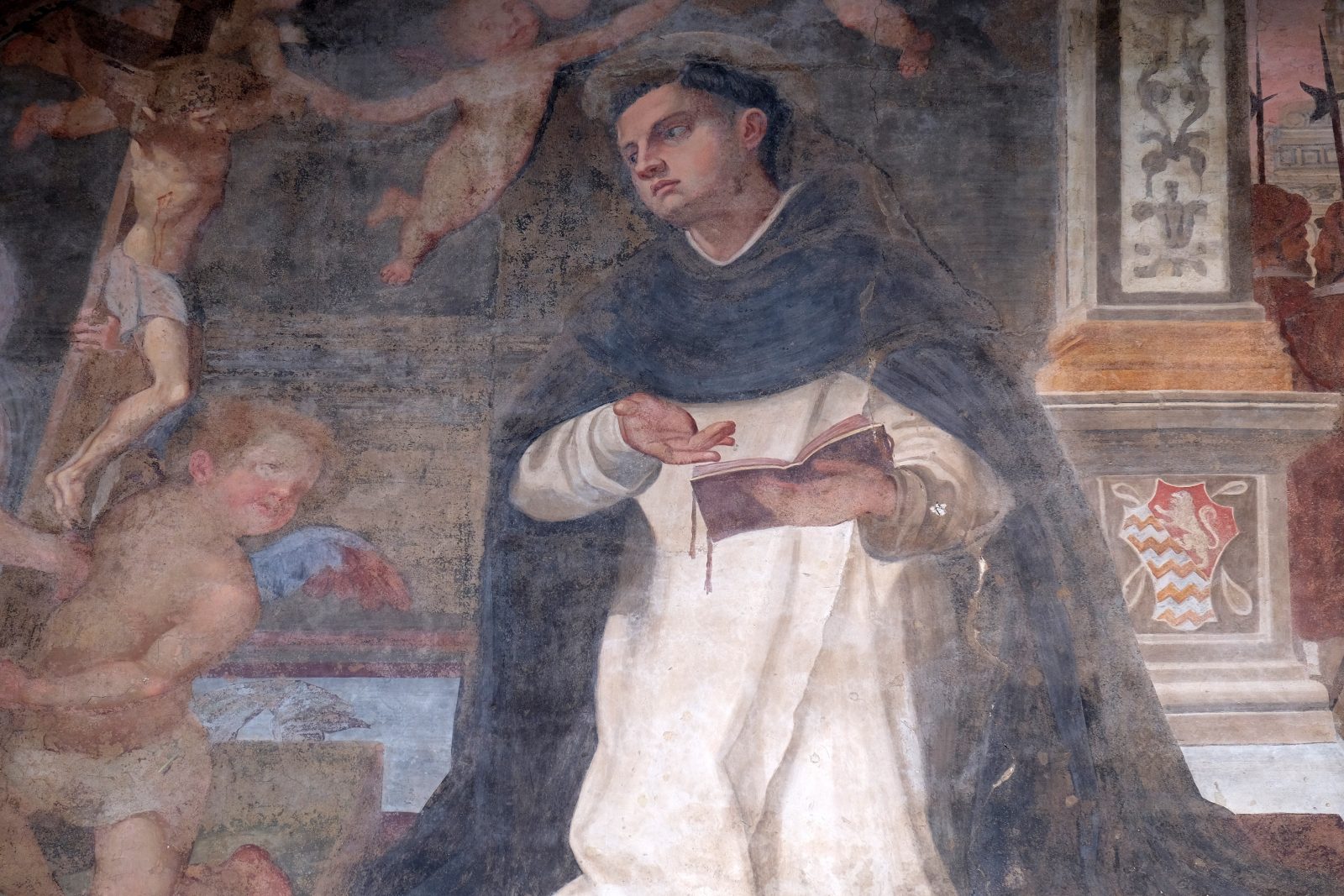
Behe and Ramage: Evolution’s Limits and the Fingerprints of Design
Today’s ID the Future wraps up a debate over evolution and intelligent design between Lehigh University biologist Michael Behe and Benedictine College theologian Michael Ramage. Both Behe and Ramage are Catholic, and they carry on their conversation in the context of Catholic thinking about nature and creation, in particular the work of Thomas Aquinas and contemporary Thomist philosophers. Ramage seeks to integrate his Thomistic/personalist framework with modern evolutionary theory’s commitment to macroevolution and common descent. Behe doesn’t discount the possibility of common descent but lays out a case that any evolution beyond the level of genus (for instance, the separate families containing cats and dogs) cannot be achieved through mindless Darwinian mechanisms and, instead, would require the contributions of a designing intelligence. Behe then summarizes both the negative evidence against the Darwinian mechanism of change and the positive evidence in nature for intelligent design. This debate was hosted by Pat Flynn on his Philosophy for the People podcast, and is reposted here by his permission.





